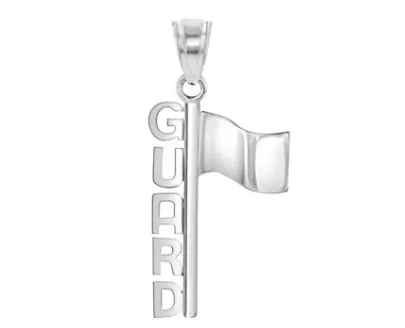4 Compliance Steps for Selling Regulated Goods Online
Thinking about selling alcohol, vape products, firearms, or other restricted goods online? There is a world of opportunity, but the rules can get very real, very fast.
Lawmakers and government agencies are watching, and recent crackdowns make it clear: mistakes can cost your business big time.
Do not panic.
Get ahead of the game with four straightforward compliance steps to help you keep your operation clean, legal, and successful.
1 – Check State Laws Before You List
Laws for alcohol, tobacco, vapes, and firearms are all over the map.
Some states ban shipping outright. Others require special licenses or have unique age limits.
If one customer lives in a restricted zone, you could risk prosecution just by accepting their order.
- Map out laws for every state you want to ship to
- Stay updated with state and city regulations
- Watch for emergency rule changes or enforcement alerts (like when New York cracked down on online vape sales in 2023)
2 – Confirm Carrier Rules
Sending regulated goods means more than just slapping a mailing label on a box. Carriers have their own restrictions and documentation needs.
- Check if your shipping partner allows the product
- Review extra paperwork or signatures required at drop-off
- Keep updated carrier contacts for fast answers
3 – Partner with Licensed Suppliers
Unless your business is licensed to source and sell restricted items, you need vetted partners who are. It is not enough to just buy from someone online.
Law enforcement wants proof that those suppliers are authorized.
When it comes to firearms dropshipping integrations, networks like Spark Shipping make it easier to connect with licensed wholesalers and automate catalog updates or order flows.
4 – Deploy Real ID Checks and Delivery Controls
Screening ages online is not as simple as checking a box marked “over 18.” Enforcement agencies regularly fine businesses if underage buyers slip through.
-
Use digital ID verification at checkout
-
Require age or signature checks during delivery
For custom signage, ID verification displays, or branded shipping labels to support your compliance setup, check out Printmoz for affordable and professional print solutions.
Recent Enforcement Cases Make the Rules Real
Federal agents have increased undercover buys and surprise audits.
For example, last year the ATF warned dozens of online sellers who forgot to check customer ID or used unlicensed suppliers. State AGs have sued e-cigarette shops for missing age controls. These cases prove enforcement is active, not hypothetical.
Compliance Flow, in Simple Terms
First, your web store filters incoming orders based on shipping location using a legal database. Once an order is placed, it checks carrier options and flags any rules about restricted goods.
Next, the site pulls in only the products your licensed suppliers are allowed to sell in that state using certified integrations.
Finally, your checkout process triggers a digital ID scan, then notifies the carrier so they know a signature or age check needs to happen.
Compliance: Your Strongest Sales Tool
Staying ahead of rules doesn’t just keep the fines away, it builds trust with customers and partners. Following these four steps positions your store as responsible and reliable.
In the world of regulated goods, smart compliance is the real key to growth.




